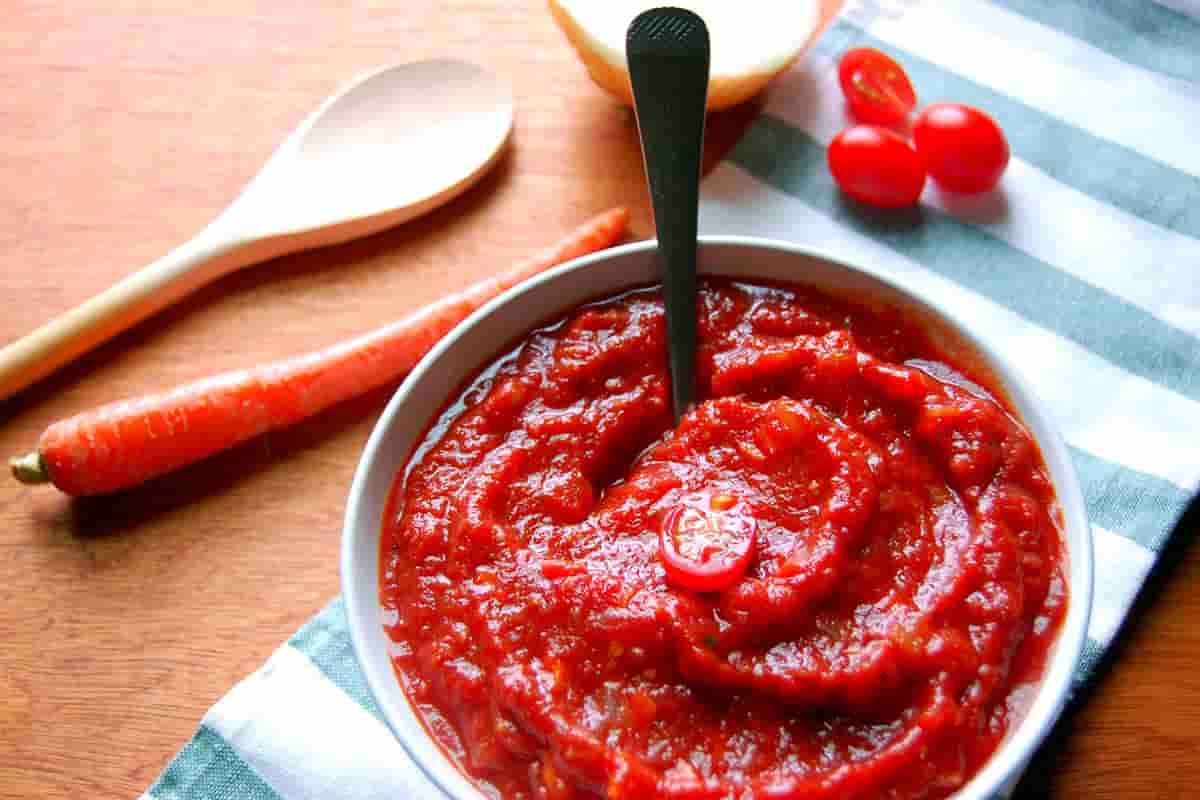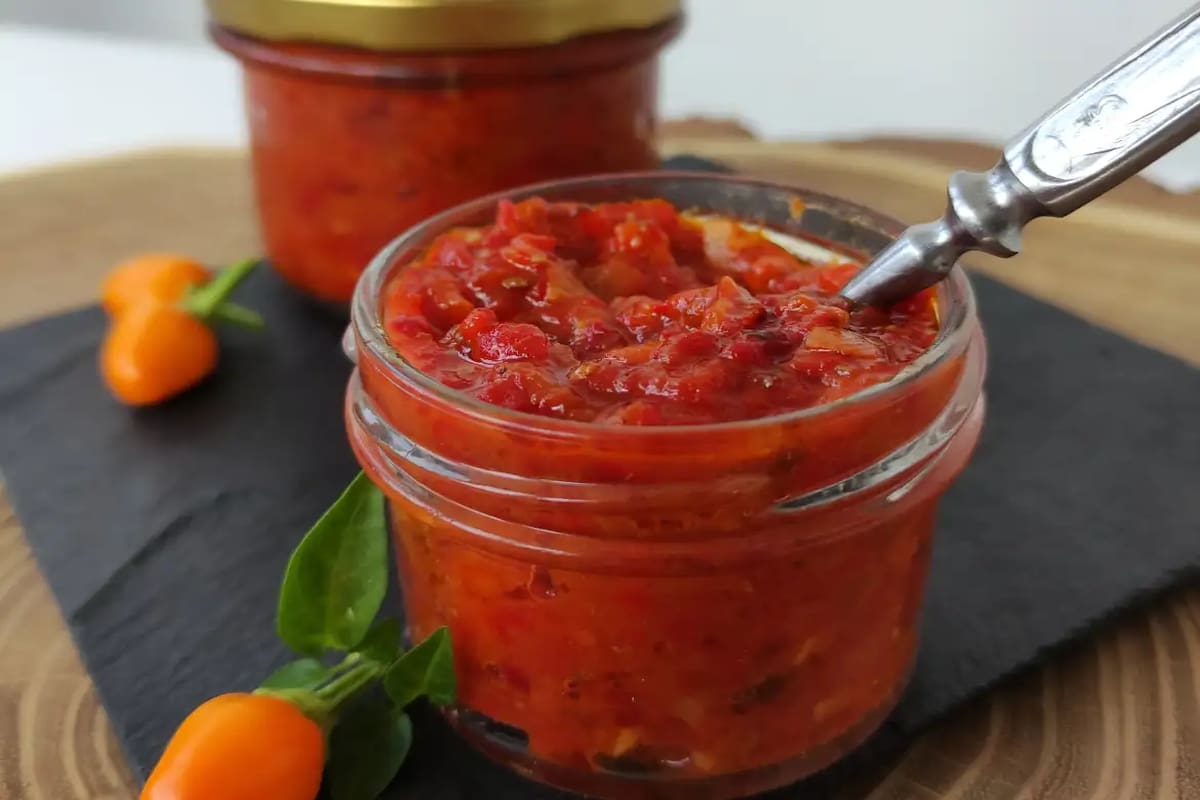If you check the recipe list pdf for organic tomato paste on the internet you probably will find them unhealthy because of some ingredients. Tomato paste is a key ingredient in making Italian-style food from scratch.
This makes your sauces thicker and adds great flavor. Tomato paste is available in jars, tubes and cans. Each of these styles has its own storage guidelines and shelf life. Yes, tomato paste goes bad.
Due to the acidity levels in tomatoes, tomato paste tends to break down over time. Before opening, you can use it for about six months after the expiry date. If you open it and it tastes sour, you’ll want to throw it away. Tomato paste can be preserved after opening by freezing.
Tomato paste is basically a thick tomato sauce that comes in plain or different flavors. For a concentrated flavor, it can be used in pies, spaghetti sauces, stews, roulades or other dishes.
Tomato paste has an “Expiration Date”. As long as the can is not damaged, the tomato paste will be good for about six months after that date. If the box is damaged, open it earlier and check for signs of damage.
When tested, if the pasta goes smell, texture or visual appearance, it is still safe to eat, but may not taste fresh. After opening the can, cover it or place it in another airtight container and refrigerate; it will last about 5-7 days.
It can then begin to shape. If you put the material in a plastic or glass container with a tight lid, it will hold more air than a plastic bag. Air is the enemy that leads to destruction.
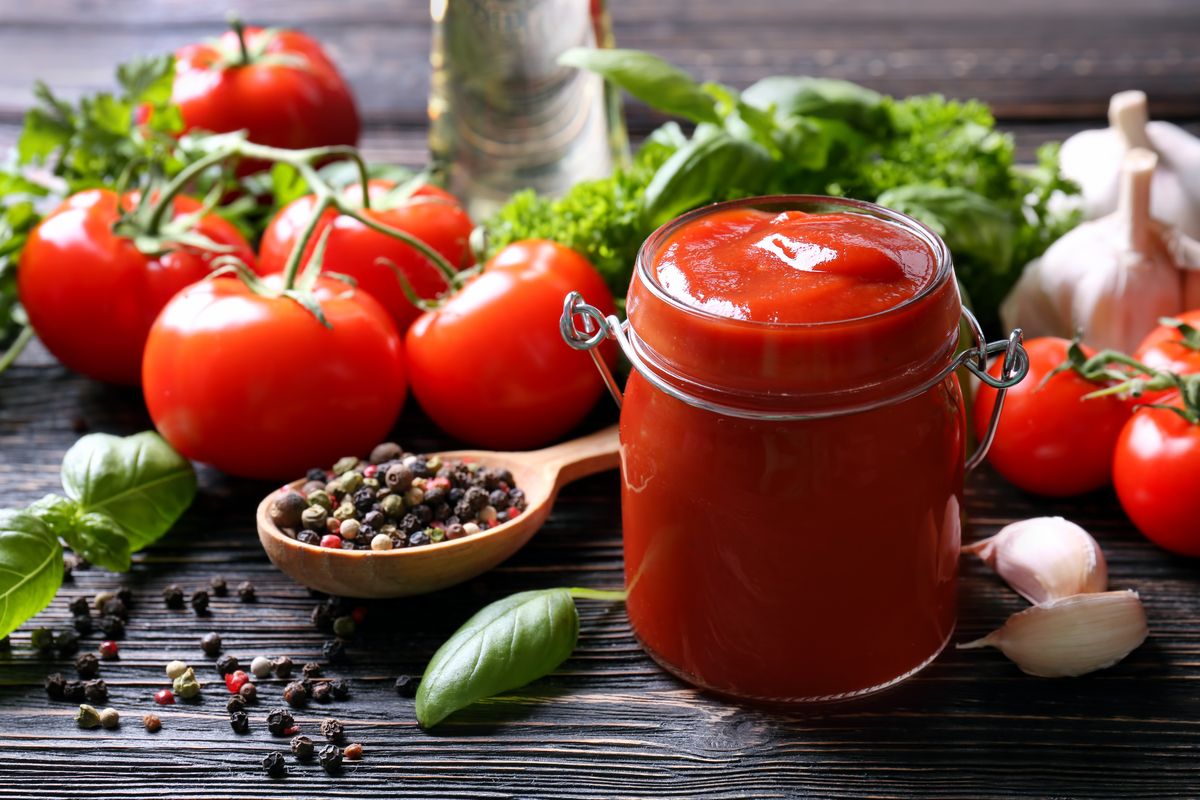
Like canned goods, tomato puree in a jar will retain its quality for up to 6 months after its “Best By” date. If you open the jar and use a little of it, it will last seven to ten days in the fridge. It keeps slightly longer than canned tomato purees, mainly because of its packaging.
A glass jar with a lid will keep the pasta out of the air for longer. After that, the taste can deteriorate and the pasta can start to become discolored or moldy. Tomato paste in a tube follows the same pattern as cans or jars.
Unopened, it will stay fresh for about six months after the “best before” date, as long as it is stored in a cool place away from heat sources. Once opened, pasta in a tube will last about 45 days in the fridge when the top is popped back on.
While canned tomato paste may be a more expensive option, you may end up wasting less produce in the long run. If you have an abundance of tomatoes, you can make your own pasta. Combine the chopped tomatoes and olive oil and cook until nice and thick. It was run through a food mill to remove the seeds and skins. Add salt and lemon juice to preserve color and flavor.
Bake in the oven on a cookie sheet until it thickens and absorbs the liquid. After that it will look like a paste. You can then put it in sealed glass jars in your fridge for a few weeks, freeze it in trays for up to nine months, or pressure-cook it in small jars for up to a year. The fresher the ingredients, the faster the chance of it going bad.
Tomato paste sealed in a can, jar or tube will last a long time because it is not exposed to air. Air is the enemy of many dishes. Airborne mold can settle on food and begin to grow.
Bacteria from tools or other ingredients may begin to grow. Placing foods in a cold environment such as a refrigerator or freezer can prevent this growth, but only for so long. When things are frozen, mold spores will go dormant, but as soon as the temperature rises, the clock starts ticking again. All-natural tomato sauce doesn’t have many ingredients, but tomatoes naturally have some sugar.
This increases the shelf life. Some brands of tomato paste may have added preservatives that extend this shelf life. These additives may or may not affect the quality of the food. Once opened, tomato puree in a display case will last about a week in the refrigerator, a jar will last 2-3 days longer due to the airtightness of the lid, and tubes of pasta will last about a month and a half.
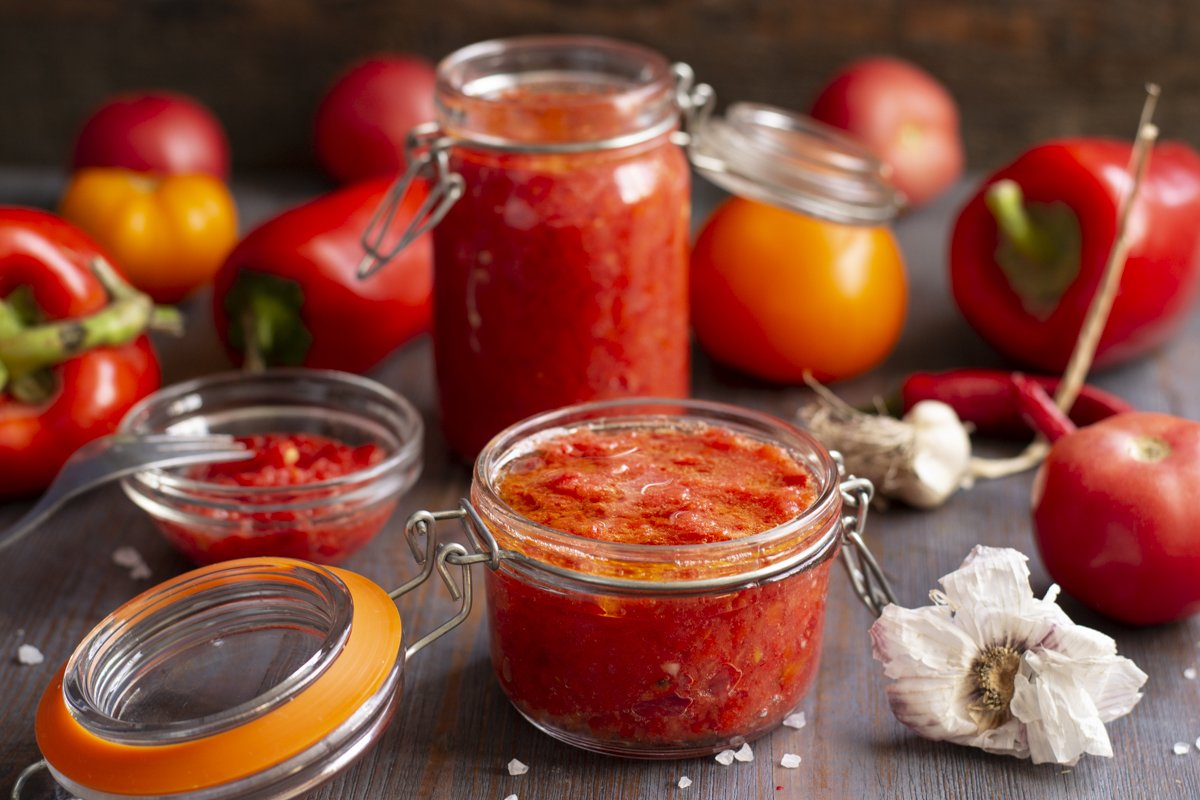
Tomato paste Unhealthy
Now let’s examine if the tomato paste is unhealthy or not. Basically the tomato paste is not unhealthy but in some different cases they might be unhealthy. Due to the increased prices of food including tomatoes, Nigerians are forced to use more tomato paste because basically we cannot cook many meals without cooking our tomato stew like this.
Generally, Nigerians like to eat dishes with red stew made of tomatoes. There are several health hazards associated with the use of tomato paste. This is mainly a result of the packaging.
Nigerians tend to call it ‘tomato tins’ because of the containers in which it is sold. Only a handful of brands sell theirs in sachets. Using tomato paste is pretty much the same as buying fresh tomatoes and grafting them yourself.
But when they are packed in tins and boxes, their composition changes. This is due to the presence of bisphenol-A, a harmful chemical used to coat can liners and most plastic products. This chemical can leach into foods and pose a threat to your health. Bisphenol-A can cause hormonal disruption in humans if it leaches into tomato paste used in cooking.
We are usually at risk because of the length of time tomato paste is stored in these cans or boxes that are coated with this harmful chemical. Without being boring with the chemical composition of this harmful chemical, the breakdown of BPA in the body released as a result of sticking tomatoes packed in lined cans can put you at risk when it comes to spontaneous abortion.
Tomato paste is separated from all the products that can be packed in boxes and containers, because tomatoes are very acidic. They can absorb more of the chemical Bisphenol-A from the tin coating in the food. Just like any other processed food that has been packaged for too long, there is a tendency for some of the regular consumers to get cancer.
The chemical BPA puts a person at risk of cancer and since tomatoes are strong chemical offenders due to their high level of acidity, this product is not so healthy to eat. Although the economic situation has forced many homes in the country to improvise and use more tomato paste, it may not seem like a healthy choice for children, especially if the tomato paste is in boxes and cans.
This puts them at risk of consuming the chemical Bisphenol-A (BPA), which can cause some of their organs to malfunction. In addition, prolonged consumption of this chemical, which may be absorbed into the tomato paste used for cooking, may increase the risk of mental disability in infants. This means that it is not a healthy choice for expectant mothers.
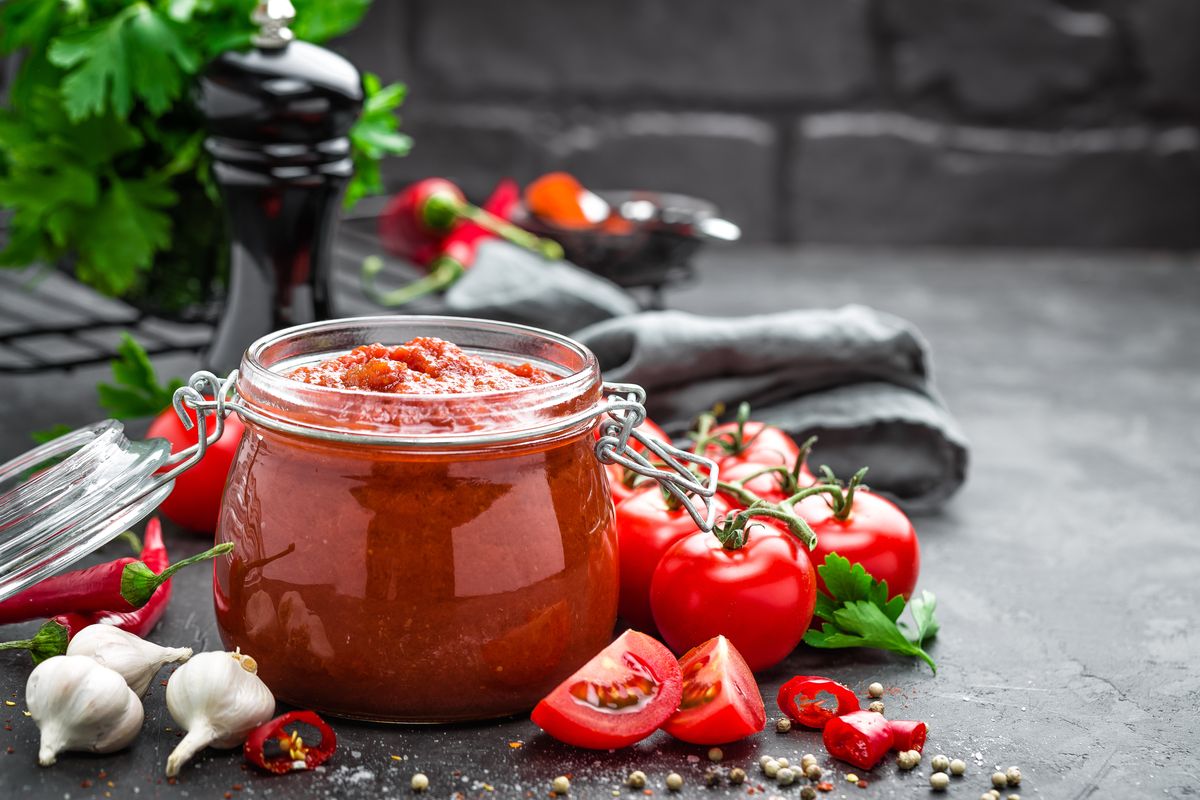
A tomato is a fruit, not a vegetable, we already know. We use tomato puree in our dishes as a seasoning and as a good food supplement. Much has been written about the benefits of tomatoes in our diet that it is already becoming fashionable.
The question is: What is it about tomatoes that makes them a health food?
And how can healthy food be bad for your health?
Whether it is a food or a fruit, tomatoes are known to have medically proven properties to reduce the risk of heart disease, diabetes, and certain types of cancer. Tomatoes are a good source of vitamin C and antioxidants that fight free radicals that cause cancer.
It contains a phytonutrient called carotenoid which is found in most red fruits and vegetables. The lycopene contained in tomatoes belongs to the group of carotenoids and its effectiveness is improved during heat treatment or cooking. Imagine the lycopene content of tomato ketchup, tomato paste and tomato sauce!
Colorectal Cancer – The carotenoid found in tomatoes is known to fight highly charged free radicals that damage healthy cells in the stomach, colon and rectum.
In hypertension, lycopene has been found to lower systolic blood pressure and increase the effectiveness of antihypertensive drugs. Constipation – tomatoes are high in fiber and water. It adds bulk to your stools and helps regulate bowel movements.
Skin Problems – Vitamin C in tomatoes helps the body in the skin to regenerate cells damaged by the sun, air pollution and body toxins. Prenatal problems – a mother’s regular tomato diet provides the necessary folic acid to protect the developing baby from birth defects.
Depression – The folic acid in tomatoes prevents the overproduction of an amino acid called homocysteine. This amino acid interferes with the normal flow of blood and nutrients to the brain. It also inhibits the production of feel-good hormones called serotonin and dopamine, which lead to a depressed mental state.
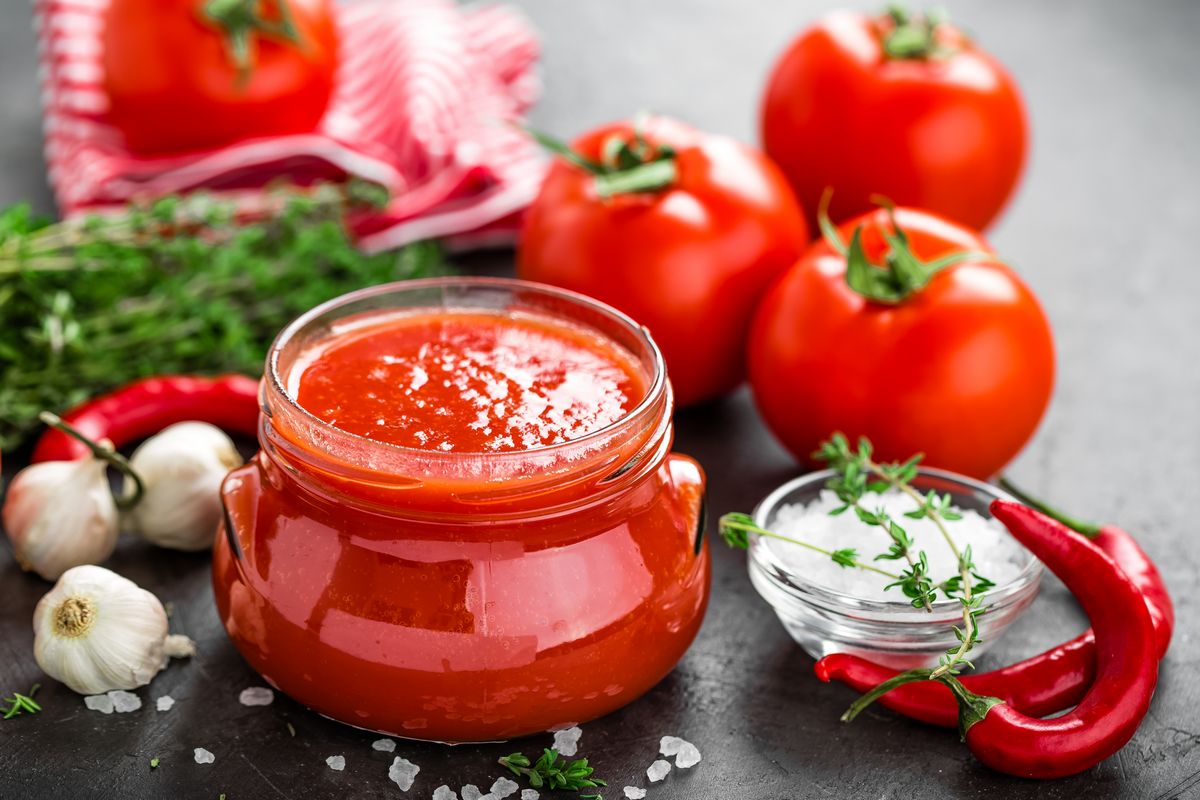
Organic Tomato Paste Unhealthy
Organic tomato paste cannot be that unhealthy but it might be in some serious occasions. Tomato paste is an essential ingredient in any Italian kitchen.
Whether you’re making spicy vodka rigatoni or a hearty and spicy tomato soup, tomato puree is a culinary ingredient that underpins countless tomato dishes. However, this can be a big problem for those on low or gluten-free diets, as there are hidden ingredients in the brands that can seriously harm those who eat gluten-free.
Yes, tomato puree is gluten free. In fact, most tomato sauces and pizza sauces are gluten-free, but some companies use additives that add gluten to these products. It is important to always read the label and look for gluten-free certification.
The best brands of gluten-free tomato puree are Signature Select, Wegmans, and Thrive Market. In this article, we’ll explain why tomato paste isn’t always gluten-free, as well as look at some gluten-free tomato paste brands.
Let’s dig in! Tomato paste is extremely healthy. FYI, there is a lot of nutritional value in tomato puree because it is the essence of the tomato, providing a concentrated form of antioxidants. It contains many vitamins and minerals that are a great addition to your daily diet. Tomatoes are a powerful source of antioxidants that are associated with many health benefits when consumed long term.
Vitamin c is an essential nutrient that provides many benefits to the human body. Studies show that the long-term benefits of vitamin C include reducing cardiovascular disease, prenatal health problems, skin wrinkles, and eye diseases. With 500 mg of vitamin C recommended daily, tomato puree is a great way to achieve this goal.
Potassium is an essential vitamin for normal cell function. Potassium acts as a regulator, especially for heart rhythm, muscle and nerve function, and is essential for protein synthesis and metabolism.
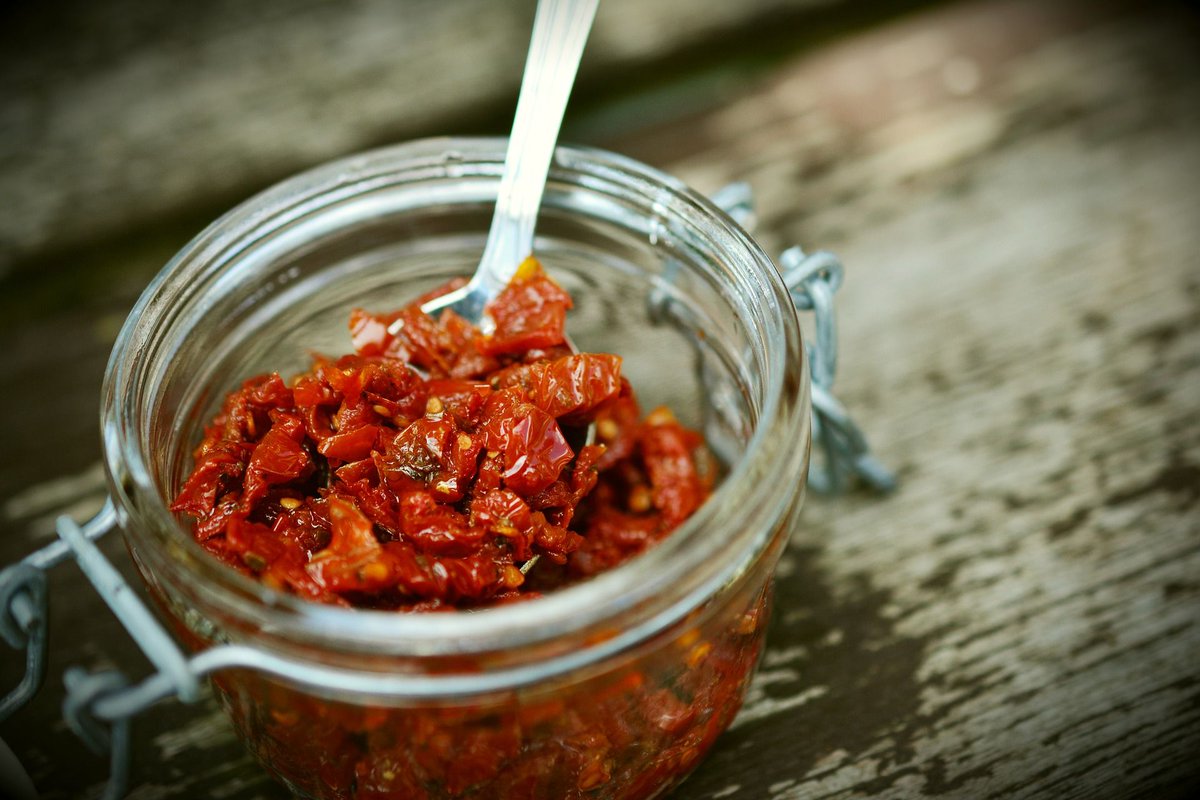
This essential body building block is missing from many of the diets of American adults, and stepping up to your recommended daily intake will greatly benefit your future body.
Vitamin k1 is a vitamin that has a significant effect on blood clotting. This continues to help the body heal wounds and areas affected by surgery. It is also suspected to help skin conditions like acne and stretch marks when used regularly.
Vitamin B9 is an essential vitamin for pregnant women. Closely supporting the production of genetic material in the body, it is especially important when cells and tissues are growing at a rapid rate, for example in the prenatal stages.
It also works to control levels of the amino acid homocysteine, which is closely linked to heart disease. One of the main reasons tomato paste spices are not gluten-free is the wheat gluten protein component.
In America. gluten-based products must be legally labelled, making it much easier for us to determine which products contain gluten. Additionally, individual spices are less likely to contain gluten than spice blends such as paprika or curry powder.



